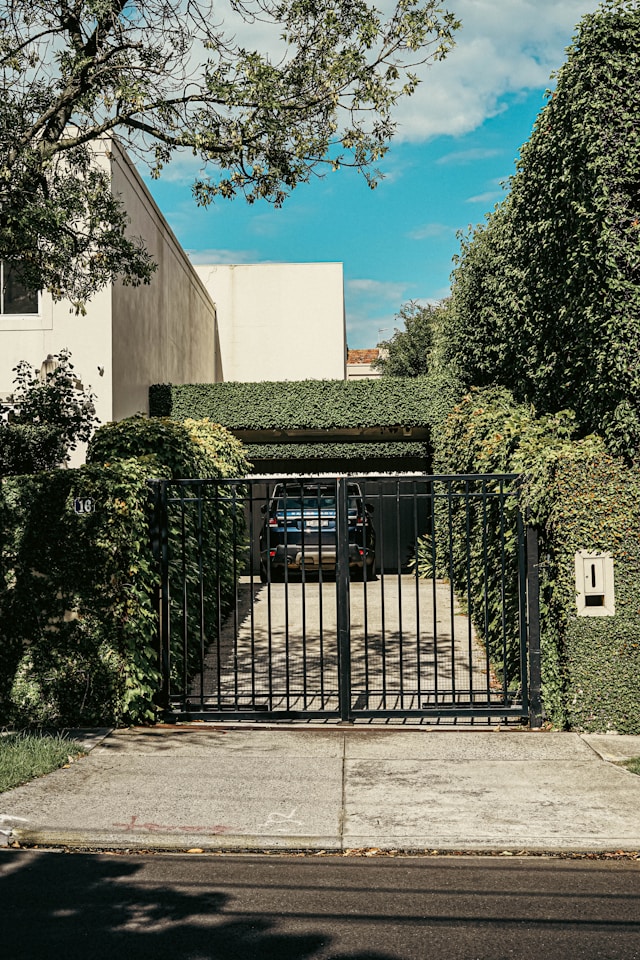Services offered by werbeagentur Konstanz is crucial for businesses navigating marketing and branding complexities. These agencies develop effective advertising strategies while providing insights into the local political climate, which can affect consumer behavior and regulatory compliance. Entrepreneurs must understand how marketing and political factors influence economic growth and venture success.
Insights from Werbeagentur Konstanz
Political decisions have a direct impact on the business environment. Taxation, labor laws, trade agreements, and environmental regulations shape the business landscape. Companies must stay informed and adapt their strategies. Lobbying can influence policy decisions, but it raises ethical concerns.
The Role of Business in Political Processes

Businesses play a vital role in the political arena by advocating for policies supporting their operations and the economy. Many companies engage in public discussions, contribute to political campaigns, and practice corporate social responsibility, which can enhance their reputation and foster goodwill. Business involvement in social issues reflects a growing recognition of their responsibility in shaping societal norms and policies, influencing public opinion, and encouraging political change.
The Impact of Economic Factors on Politics
Economic conditions also influence political landscapes. In times of economic prosperity, governments may favor business growth, while in recessions, there is often a shift toward increased regulation and protectionism. Financial health can impact voter sentiment, leading to political leadership and policy direction changes.
Local businesses need to consider international political dynamics to navigate global markets, as trade wars, tariffs, and geopolitical tensions can impact supply chains and market access. Companies need to grasp local policies and the broader international context.
Preparing for the Future: A Strategic Approach
Given the complexities of the relationship between business and politics, companies must adopt a proactive and strategic approach to navigate these waters effectively. Being informed and involved helps companies protect their interests and create a favorable environment.
Collaboration between the public and private sectors can lead to innovative solutions and drive sustainability, infrastructure development, and social equity progress.
Collaboration between business and politics is crucial for promoting economic growth and establishing a fairer society. Companies that participate in the political arena and adjust to evolving situations will improve their opportunities and help the communities they serve. Recognizing this interdependence is crucial for navigating the future of business and politics.


 Here are some reasons why water purification systems are a good investment for companies:
Here are some reasons why water purification systems are a good investment for companies:

 Critics say it encourages governments to put profit before people’s health and the cost of medications. Contributions to political campaigns, for instance, may sway laws that regulate clinical trials or set prices for medications.
Critics say it encourages governments to put profit before people’s health and the cost of medications. Contributions to political campaigns, for instance, may sway laws that regulate clinical trials or set prices for medications. Because political elections are now mostly paid for by private donors, big donors and special interest groups have a lot of power over politicians. This can make policy choices favor wealthy people, which goes against the idea of equal representation.
Because political elections are now mostly paid for by private donors, big donors and special interest groups have a lot of power over politicians. This can make policy choices favor wealthy people, which goes against the idea of equal representation.















 Today, the lines between business and politics are becoming increasingly blurred. Entrepreneurs and politicians alike are finding innovative ways to navigate these complex terrains. One is the single item movers – small, agile, and often overlooked players in the logistics industry.
Today, the lines between business and politics are becoming increasingly blurred. Entrepreneurs and politicians alike are finding innovative ways to navigate these complex terrains. One is the single item movers – small, agile, and often overlooked players in the logistics industry.




